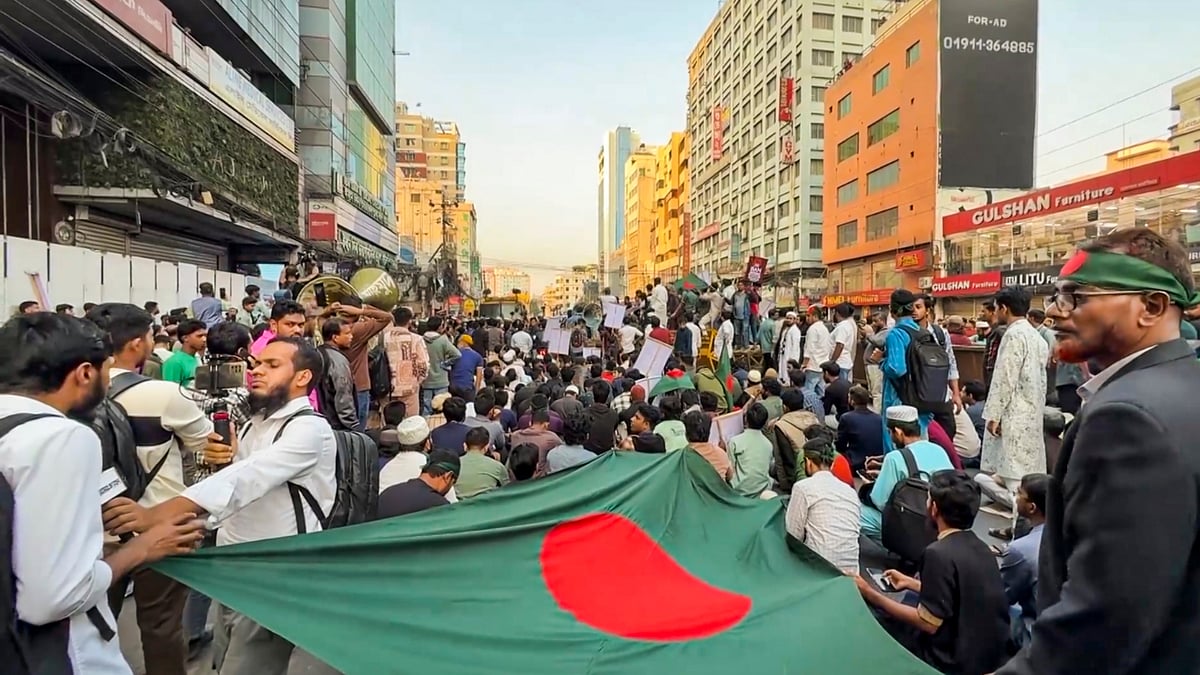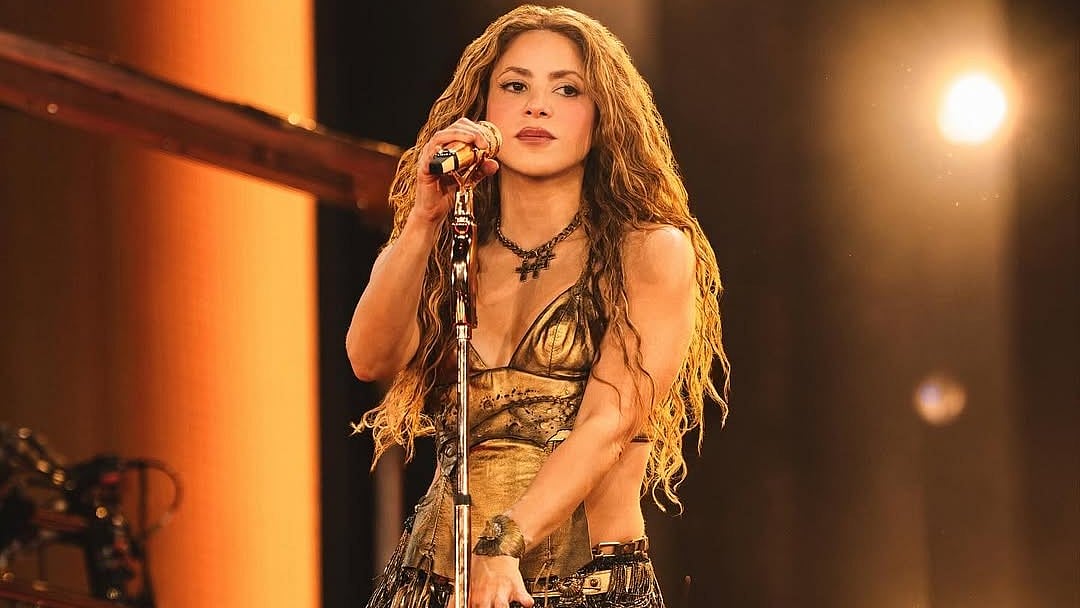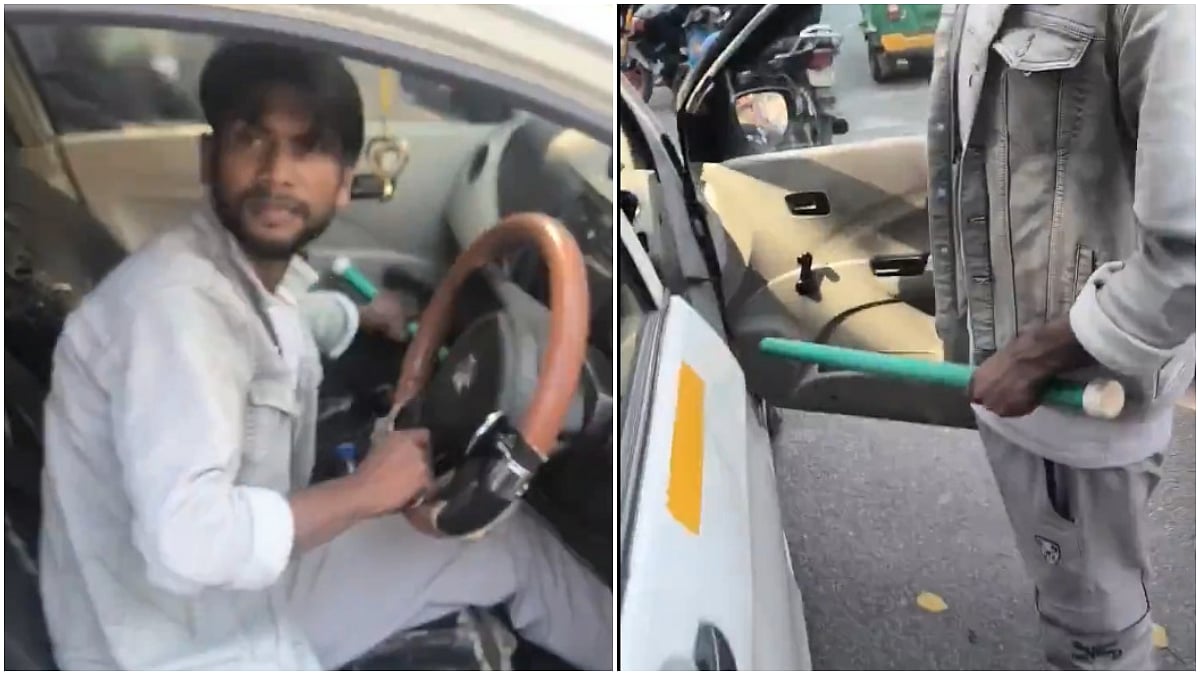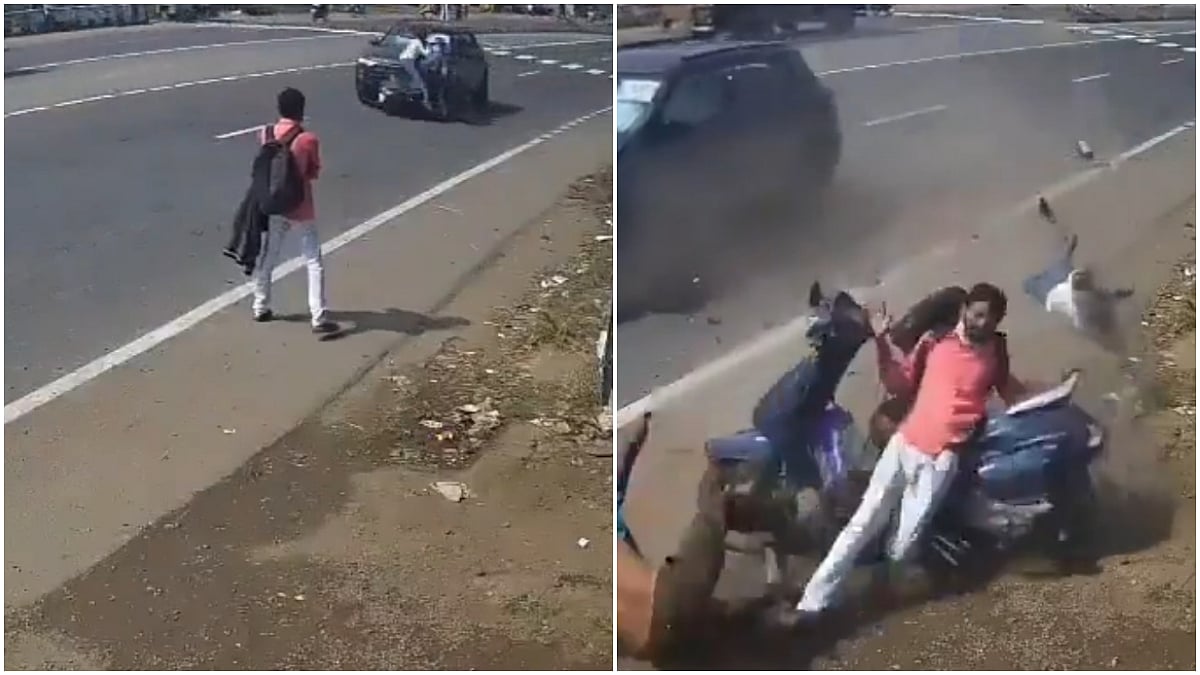Freedom of Speech and Expression is in the news again. We all know how this was a big issue in the year 2015 when there was a perceived “attempt to curtail the right to speech and expression”. The current furore, arising with the arrest of Republic channel head Mr Arnab Goswami, needs to be understood with reference to the question whether we as a nation care for the freedom of the media.
Article 19(1) (a) of the Constitution states that all citizens shall have the right to freedom of Speech and expression. But this right is subject to limitations imposed under Article 19(2) which empowers the State to put up ‘reasonable’ restrictions on various grounds, namely, security of the State, friendly relations with foreign States, public order, decency and morality, contempt of court, defamation, incitement of offence, and integrity and sovereignty of India.
Justice P N Bhagwati in the landmark judgment of Maneka Gandhi v. Union of India, held that “Democracy is based essentially on free debate and open discussion, for that, is the only corrective of government action in a democratic setup. If democracy means the government of the people by the people, it is obvious that every citizen must be entitled to participate in the democratic process and to enable him to intelligently exercise his rights of making a choice, free and general discussion of public matters is essential”.
It emphasized on the significance of the freedom of Speech and expression in a democratic country like India. Thus, it is a human as well as a constitutional right which should never be taken away from the citizens.
Freedom of the press is not explicitly mentioned in article 19(1) (a) of the Constitution. In the Constituent Assembly Debates it was made clear by Dr. Babasaheb Ambedkar, Chairman of the Drafting Committee, that no special mention of the freedom of press was necessary at all as the press and an individual or a citizen were the same as far as their right of expression was concerned.
The Hon’ble Supreme Court, in the case of Union of India v/s Association for Democratic Reforms, held “Freedom of speech and expression includes right to impart and receive information which includes freedom to hold opinions”.
In Indian Express Newspapers v/s Union of India, it has been held that the press plays a very significant role in the democratic machinery. The courts have the duty to uphold the freedom of the press and invalidate all laws and administrative actions that abridge that freedom. In Romesh Thappar v. State of Madras, the Supreme Court has included the press in the definition of freedom of Speech or expression. In L.I.C. v/s. Manubhai Shah, the Supreme Court reiterated as in Indian Express Newspapers v. Union of India, that freedom to circulate ones views can be by word of mouth or in writing or through audiovisual media. This right to circulate also includes the right to determine the volume of circulation.
Thus there is no doubt that journalistic freedom is now recognized as a fundamental right. However, can all forms of journalism including what is called paparazzi, Page 3 journalism, paid news, extortion by the media and media trial, etc. be termed as a fundamental right having due protection of Constitution? Further who and how will it be decided as to what amounts to such kind of journalism which may not fit in the traditional mode of journalism? Each of these kinds of nasty faces of media deserve independent research because these are not mere categories of media, rather being a type of human rights violation by the press. Character assassination by media trials is a widespread thing these days.
In the Arushi murder case, within a few days, the media had declared Arushi’s parents Rajesh Talwar and Nupur Talwar as murderers. Later on, the C.B.I., investigation stated her father is not the killer.
In 2004-05 in the Sankeraman murder case, electronic media in India launched a severe campaign against Sankracharya Jayendera Saraswati of Kanchi Muthh. This media trial continued for several months. Later on, when, in 2013, the Court acquitted Sankaracharya, the media did not highlight that news.
A similar trend has been seen in print media also. Many times, headlines are made out of inaccurate reporting, but when the media is forced to make a course correction, then a small undertaking is published somewhere in the last pages.
In the recent past, owing to the efforts of vigilant viewers and other stakeholders, news channels have been forced to apologize on several occasions. For example, NDTV channel had to apologize online to M.P. Mahesh Giri for showing a fake letter in his name. When this type of inaccurate reporting is done about a famous personality, it is possible for the targeted person to take things in his stride and move on. Many time celebrities are also benefitted by negative publicity.
But when this kind of character assassination is done on the news and pertains to sensitive people, it becomes a fatal blow to the dignity and life of the targeted person. I remember how one social worker and a former J.N.U. scholar, Khurshid Anwar, committed suicide in 2013 after facing a media trial for two days.
But then, there is also an increasing trend of cases rising against media houses and journalists. The cases against them are seen across the length and breadth of India. It is observed that political establishments, cutting across the political divide, do not prefer hard-hitting questions and prefer a docile or moderate media. The arrest of Arnab Goswami can be seen from that perspective.
On a face of it, Mr Arnab Goswami has been arrested in one abatement of suicide case which was closed by Court in 2019. The question is being raised against government intention because Mr Arnab Goswami has asked some of the toughest questions to the current Government of Maharashtra under the MVA. The reopening of a case on executive order and arrest of Mr Goswami by police in a case closed by the court of law in it self is bad in law. But then, this is not the first time and this is not exclusive to the Government of Maharashtra.
I am not trying to justify the illegalities, but what I am trying to suggest is that political parties are misusing the police machinery across the length and breadth of India to curtail the freedom of Speech and expression.
Thus we see multiple F.I.R.’s against journalists by the State of Uttar Pradesh, West Bengal, Delhi and so on. It will not be incorrect to say that the fight is also for narrative and every political party in power with control of police machinery wants the media to follow the narrative of the ruling party of the state.
Media channels very well know their rights of freedom of Speech. They also know their professional ethics. When the media covers a full story, there will be a group of people supporting the news and another group of people who dislike the news. If the news is against any political party, then an issue arises.
The people with power then misuse their power by filing criminal complaints about the channel, or report or even threaten them, to protect themselves. Often they allege that the media is providing fake news. Most of the FIRs against journalistic freedom are politically motivated. It has been witnessed that politicians are misusing their power to hide their true colours by filing a criminal complaint against the media house/Journalist who try to bring the truth before the country. This is the major reason for the increase in FIRs against media/journalists. In countries where the media are pressured to only report on things which align with the ideological or political framework, the future of media will be that many of the journalists will be forced to self-censor. Some media outlets will not report the full story, while others choose to write on other, ‘safer’ topics instead.
When Police action is taken against the media without even identifying the specific objectionable news reports published by a named and identified media house and without actually hearing such media house/ channel/agency, it would ex-facie result in stifling of right guaranteed to the journalists/media under Article 19(1) (a) of the Constitution. A proper investigation has to be done before registering an F.I.R. against the media to protect the fundamental rights of freedom of Speech and expression. Everyone’s views are different on a particular topic. There will be hatred and also supporters at the same time for one specific incident. So, simply filing complaints against journalists will violate their fundamental rights.
The government and the police must recognize that the media is an integral part of the governance structure in any democracy. The state and central governments should desist from misusing the law to threaten the free press. The Press Council of India, a regulatory body, can warn and regulate media if it finds that a newspaper or a news agency has violated media ethics. Statutory status should be given to News Broadcasters Association (N.B.A.) which represents the private television news and current affairs broadcasters. Any future legislation to curb fake news should take the whole picture into account and not blame the media and go for knee-jerk reactions; in this age of new media, anyone can create and circulate news for undisclosed benefits. Media need to stick to the core principles like truth and accuracy, transparency, independence, fairness and impartiality, responsibility and fair play. Finally, one should be careful while limiting the freedom of expression. Already there are restrictions provided by the Constitution, and any further regulation will only damage a free and liberal society. There is a need to make a distinction between People and idea and let us all be open for criticism of ideas.
Rakesh K. Singh is an Advocate by profession and is the Founder Head of Law firm RKS Associate. He is also the Founder Head of NGO - Bharat Utthan Sangh. All views expressed in this article are his own.









